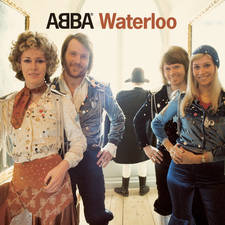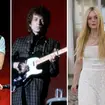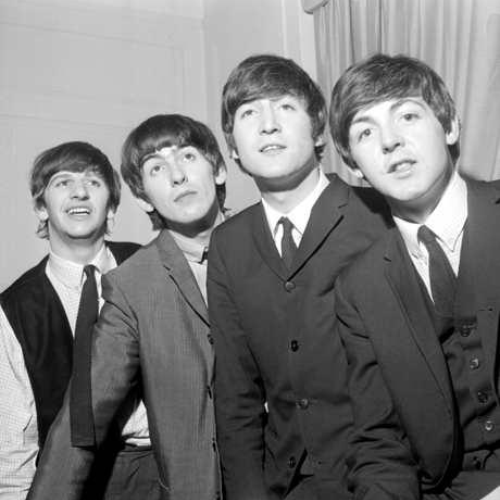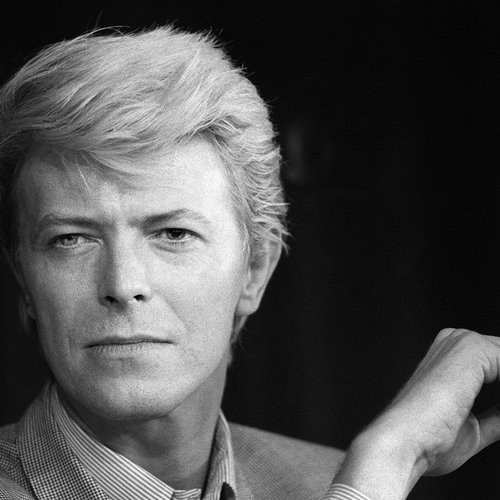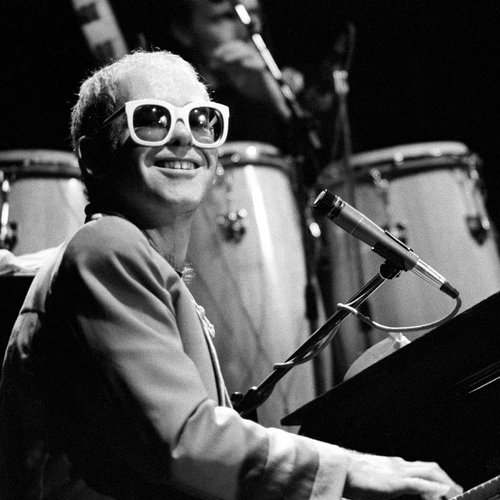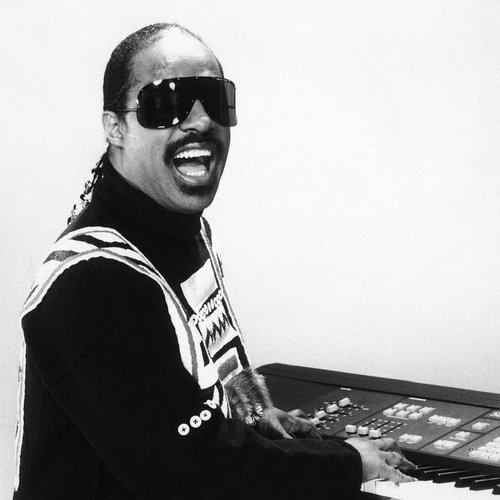When The Rolling Stones played The Ed Sullivan Show in 1964 and broke America
30 October 2023, 10:03
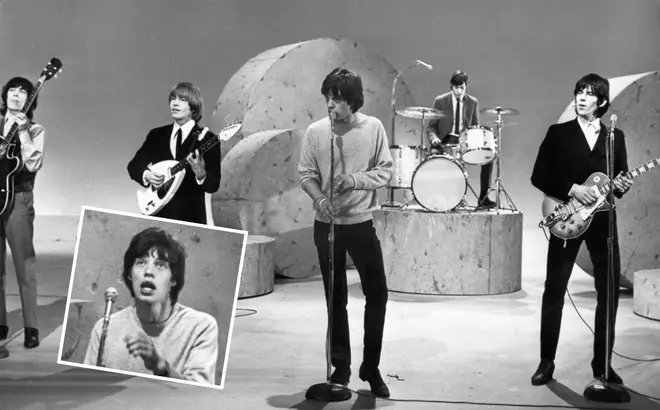
Listen to this article
The British Invasion was well on its way.
Any artist from the British Isles knew that performing on The Ed Sullivan Show would put them in good stead to make a success of themselves stateside.
The Rolling Stones knew that appearing on such a show could be a deciding factor in their US popularity.
During the summer of 1964, the blues boys ventured to America for the first time, though their reception wasn't quite as warm as they'd expected.
So several months later, on Friday 23rd October, The Rolling Stones awaited their flight from London Heathrow Airport to JFK Airport in New York City, wondering how their next bash at US success would pan out.
- '(I Can't Get No) Satisfaction' by The Rolling Stones: The making of the riff-tastic anthem
- The Rolling Stones' Hackney Diamonds reviews: What's the verdict on their comeback album?
- When The Beatles wrote a hit song for The Rolling Stones
- The Rolling Stones' 25 greatest songs, ranked
They'd already received significant airplay in the US by this time however, scoring two singles in the Billboard Top 30 chart.
Before they arrived, the band released 'Time Is On My Side' which entered the charts at No.80, and by the time they'd departed it crept up to No.6.
The difference with their second jaunt in America however, was a coveted slot as the main musical guest on The Ed Sullivan Show, where The Beatles made their first US appearance in February of that same year.
Now it was The Rolling Stones' turn to make household names of themselves.
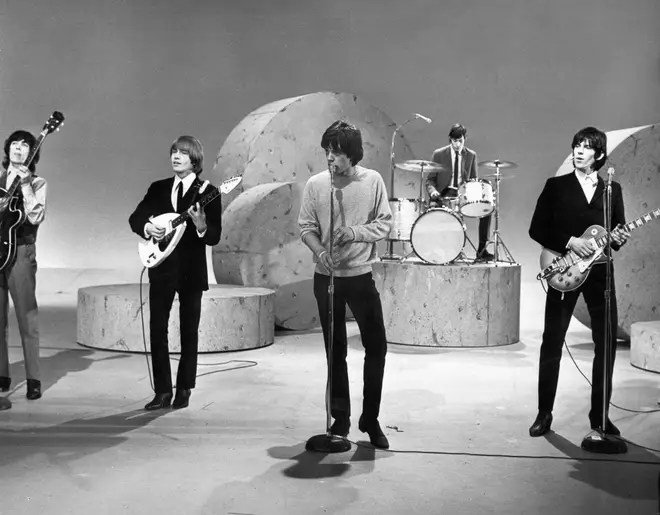
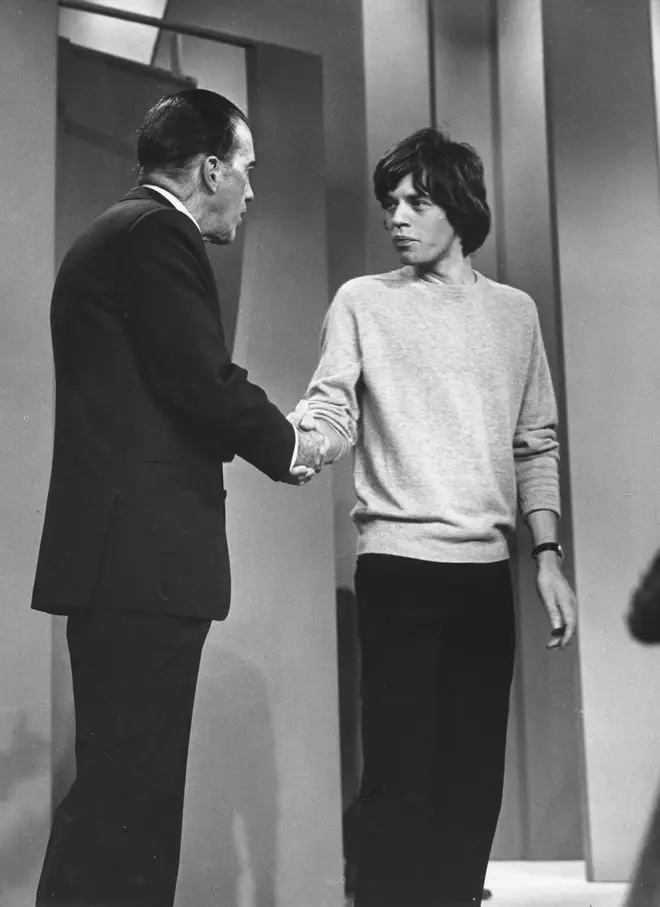
Staying at the Hotel Astor which when they arrived, which overlooks Central Park, the band had the entire floor to themselves to rehearse for what would be their breakthrough performance.
Amongst other media obligations they had to fulfil during their trip, they played two shows on Bill Wyman's 28th birthday - though their management insisted it was his 23rd - at the Academy Of Music on East 14th Street.
It was only meant to be one show, but another was booked immediately after due to overwhelming demand. They'd already made an impact amongst the cosmopolitan locals it seemed.
Then, on 25th October 1964, The Rolling Stones appeared on The Ed Sullivan Show, and performed two of their recent hits.
Firstly they played 'Around and Around', then twenty minutes later followed up with their latest single 'Time Is On My Side'.
The boys sent the audience wild, ignited the affections of teenage girls in every state, and sparked fury amongst their parents.

THE ROLLING STONES Time Is On My Side (Live on Ed Sullivan, 1964) [HQ]
With their shaggy haircuts and natural swagger, they'd positioned themselves as the dangerous, seductive opposite to the Fab Four with only two televised performances.
You can barely hear them perform due to the ordinate (and nearly inaudible) sound of screaming from girls in the crowd.
Mick Jagger later said: "Ed told us that it was the wildest, most enthusiastic audience he’d seen any artist get in the history of his show."
"We got a message from him a few days later, saying, 'Received hundreds of letters from parents complaining about you, but thousands from teenagers saying how much they enjoyed your performance.'"
- The Beatles vs The Rolling Stones – in their own words
- Keith Richards dismisses Led Zeppelin and The Who legends, calls them "an absolute disaster"
- Does Bill Wyman regret leaving the Rolling Stones? Bassist opens up on departure
- The Rolling Stones logo: Who designed the iconic tongue and lips image?
Of course, parents complained. And the media tended to side with the conservative perspective of adults at the time.
One Canadian newspaper wrote: "Ed Sullivan wrote to say that he agreed with my description of the Stones as a grubby lot, and to pledge that he won’t have them back. I am bucked up by Ed's promise that 'So help me, the untidy Stones will never again darken our portals.'"
Against his so-called "promise", Ed Sullivan invited The Rolling Stones back only months later, and the rest is history.
